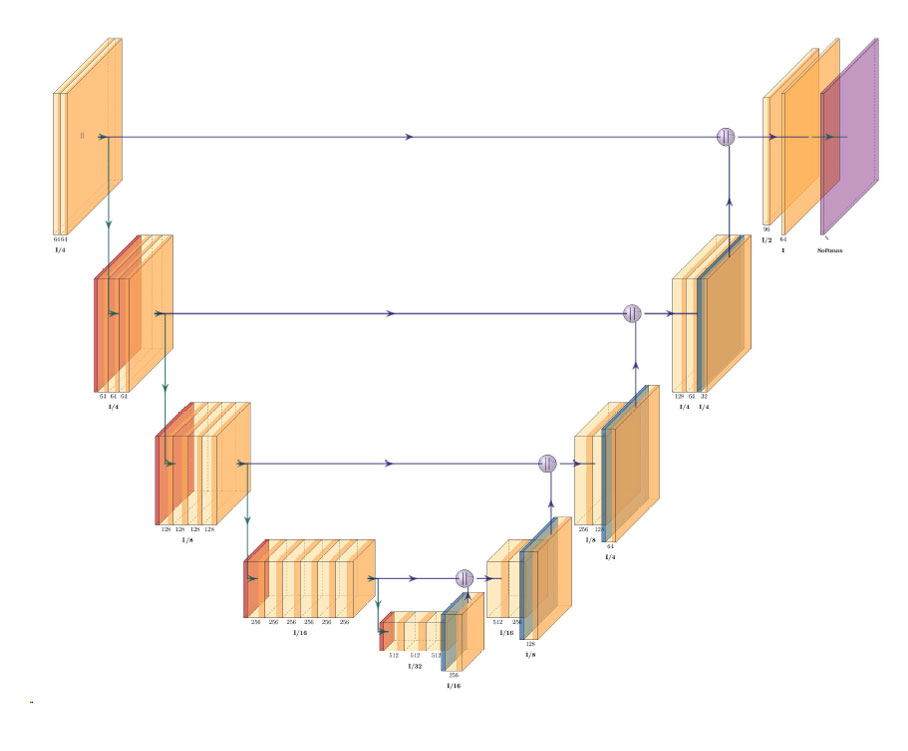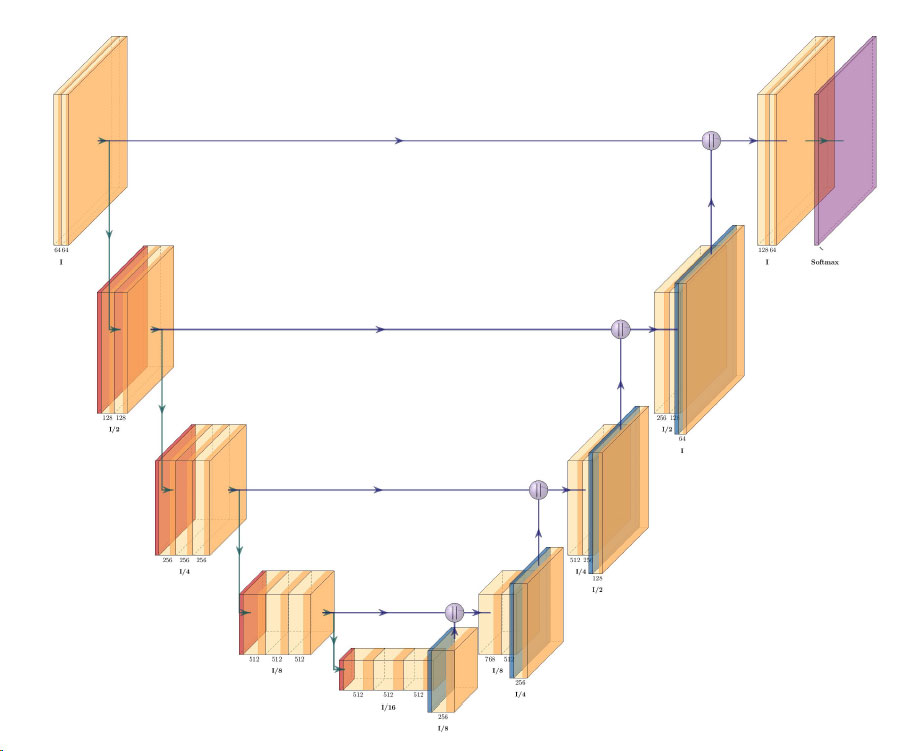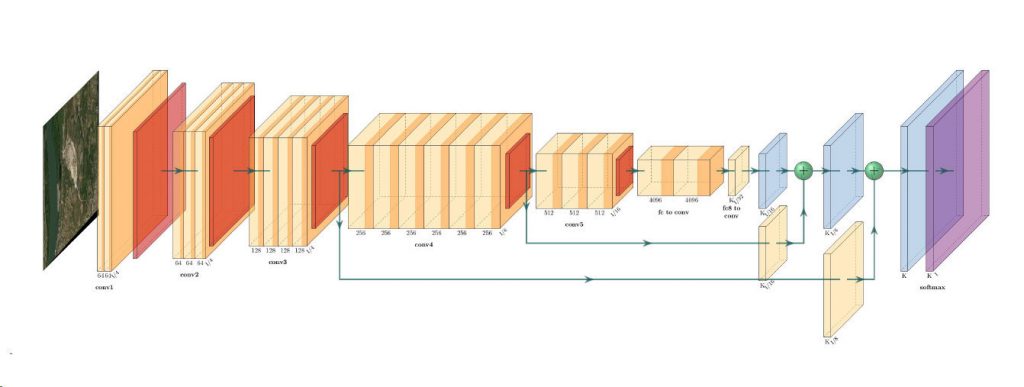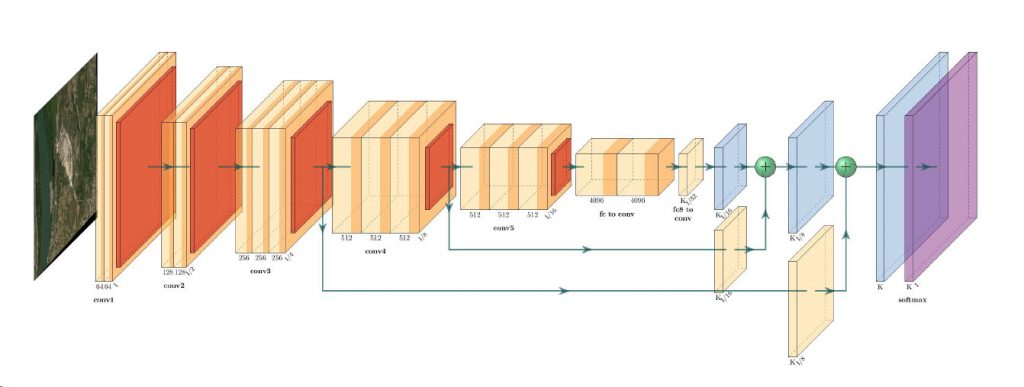WorldView-1 Successfully Changes Orbit
- European Space Imaging
European Space Imaging customers now benefit from more imaging access windows over Europe due to WorldView-1’s orbit change.
WorldView-1 now moves in an afternoon orbit meaning it now passes directly above Earth locations at around 1:30 pm local time. DigitalGlobe, the owner of the satellite, confirmed that the change from a morning orbit to an afternoon orbit took approximately 18 months to complete.
WorldView-1 uses a large telescope and advanced pointing technology to capture images of locations hundreds of miles to the east or west of its position, in multiple time zones. This change allows more imaging access windows during the day and will support DigitalGlobe’s three other high-accuracy, very high-resolution satellites in morning orbits, enabling customers to see the Earth anytime between 9 a.m. and 3 p.m. local time.
For more information contact your sales representative.
Related Stories

GEOSeries: Extracting Insights From High Resolution SAR Imagery for Time-Sensitive Analysis
In this webinar, industry experts and advanced users of Umbra SAR data showcase how they transform SAR imagery into actionable insights in real-world mapping, monitoring and intelligence applications. See how NV5 and Umbra leverage ENVI SAR Essentials for advanced processing with time-efficient results, converting analytics into valuable intelligence.
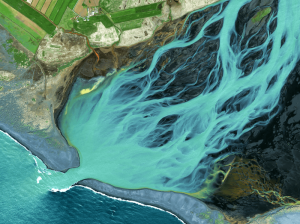
Using Satellite Imagery to Build Water Resilience Across Europe
Water across Europe is facing severe pressure. Climate change, urbanisation, agricultural demands and other sources of pollution are threatening water security and creating critical challenges that need to be addressed. We have to act quickly, build stronger systems and create sustainable water resilience practices – so that both natural ecosystems and human communities can thrive. Here is how satellite imagery from EUSI can help.

EUSI and Albedo Partner to Deliver 10 cm Resolution Satellite Imagery to Europe
It is our pleasure to announce the partnership with Albedo, a builder of high-performance spacecraft and the first satellite designed to operate commercially in VLEO (Very Low Earth Orbit). This partnership will bring the world’s highest resolution satellite imagery to the European and North African market.

Updating the Land Parcel Identification Systems in 2025: The Benefits of Using Satellite Images
Agricultural paying agencies across Europe face increasing challenges in maintaining accurate and up-to-date Land Parcel Identification Systems (LPIS), ensuring compliance with the Common Agricultural Policy (CAP) and supporting sustainable agricultural practices.


